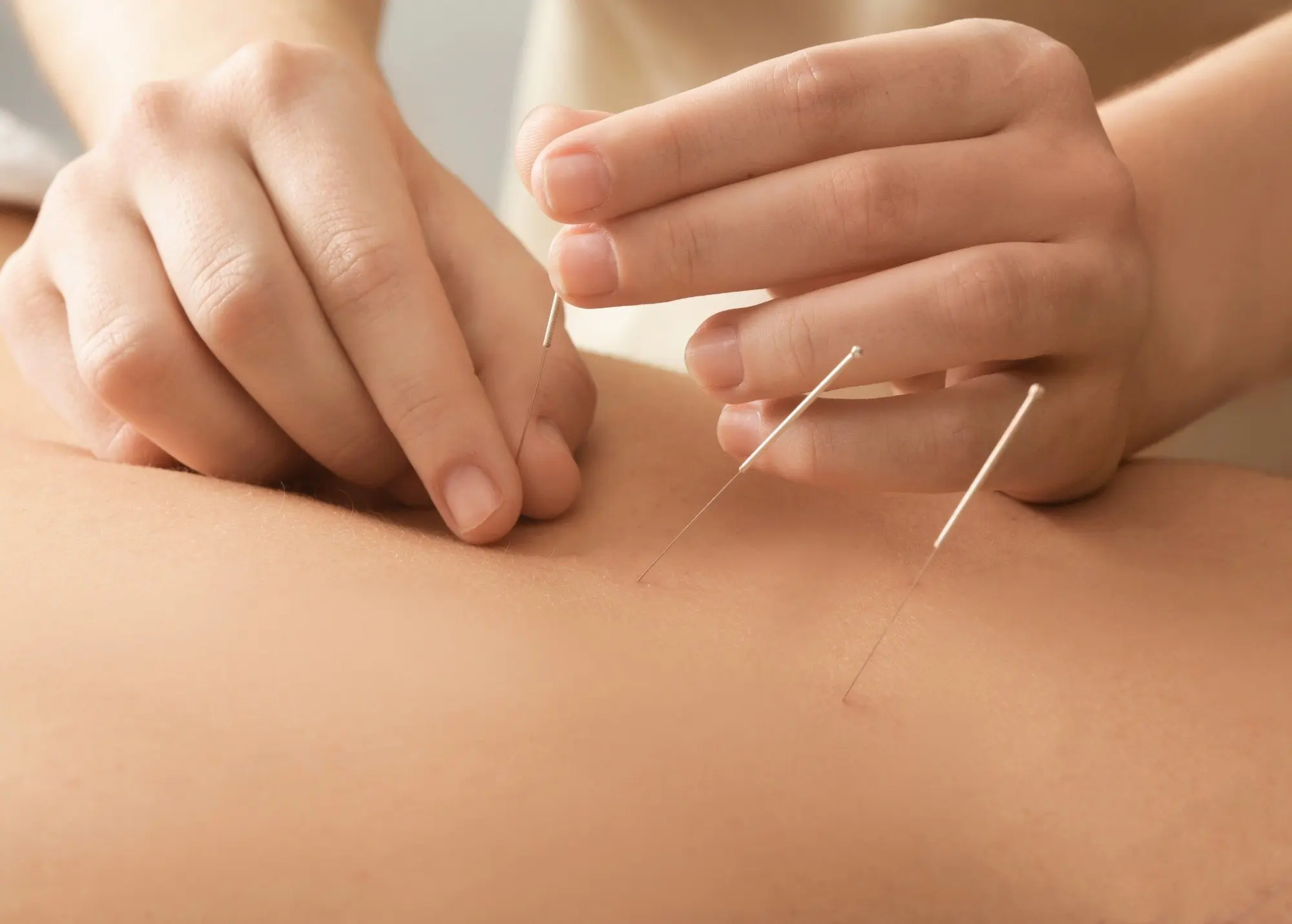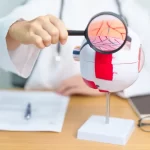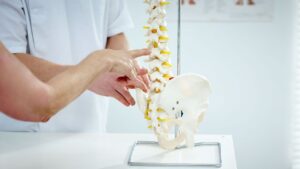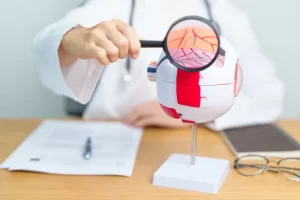
Acupuncture is an ancient healing practice that has been used for thousands of years to promote overall wellness, relieve pain, and restore balance in the body. If you’re considering acupuncture for the first time, you may have some questions about what to expect. Many people feel a mix of curiosity and uncertainty before their initial session, wondering if it will be painful or how it actually works. In this blog, we’ll walk you through every step of the process, from preparation to aftercare, so you can feel confident and relaxed going into your first acupuncture experience.
Before Your Appointment: How to Prepare
Before heading to your first acupuncture session, there are a few things you can do to ensure you get the most out of your treatment:
- Eat a Light Meal: Avoid arriving on an empty stomach, as acupuncture can sometimes lower blood sugar, making you feel lightheaded. However, don’t eat a heavy meal right before your session either—aim for a balanced snack.
- Wear Comfortable Clothing: Loose-fitting clothing is ideal, as it allows easy access to different acupuncture points on your arms, legs, and torso.
- Stay Hydrated: Drinking enough water before your appointment can help your body respond well to the treatment.
- Avoid Stimulants: Try to skip caffeine or alcohol beforehand, as they can affect your body’s sensitivity to the treatment.
- Make a List of Your Symptoms: If you’re seeking acupuncture for a specific condition, jot down any symptoms you’ve been experiencing so you can discuss them with your practitioner.
Meeting Your Acupuncturist: The Consultation
When you arrive for your first acupuncture session, your acupuncturist will begin with a thorough consultation. Unlike a standard doctor’s visit, acupuncture treatments take a holistic approach, meaning your practitioner will ask about your overall health, lifestyle, emotions, and sleep patterns, in addition to the specific issues you’re seeking treatment for.
You may be asked about:
- The severity and duration of any pain or discomfort
- Your digestion and appetite
- Your sleep quality
- Any emotional stress or anxiety you’re experiencing
- Your energy levels throughout the day
Your acupuncturist may also examine your tongue and pulse, which are important diagnostic tools in traditional Chinese medicine (TCM). The shape, color, and coating of your tongue can provide insight into your overall health, while your pulse can reveal imbalances in your body’s energy flow, known as Qi (pronounced “chee”).
After discussing your health, your acupuncturist will create a personalized treatment plan tailored to your specific needs.
The Acupuncture Treatment: What Happens During the Session?
Once the consultation is complete, your acupuncturist will have you lie down on a comfortable treatment table, either face-up or face-down, depending on where the needles will be placed. The room is typically dimly lit, with calming music to help you relax.
Needle Insertion
This is the part most people are nervous about—but don’t worry! The needles used in acupuncture are extremely thin, much finer than those used for injections or drawing blood. Most people feel little to no discomfort when the needles are inserted.
You may feel:
- A slight pinch or tingling sensation
- A warm, heavy, or buzzing feeling around the needle
- A deep sense of relaxation as your body begins to respond to the treatment
Once the needles are inserted, they will remain in place for about 15 to 30 minutes. During this time, you are encouraged to relax, breathe deeply, and even take a short nap if you feel comfortable.
After the Needles Are Removed: Post-Treatment Sensations
After the session, your acupuncturist will gently remove the needles. You might notice:
- A sense of lightness or calm
- Increased energy or mental clarity
- Temporary muscle soreness in treated areas (similar to after a massage)
- A feeling of warmth or circulation in certain parts of your body
Many people leave their first session feeling deeply relaxed, while others may feel a burst of energy. Everyone reacts differently, and that’s completely normal.
How Often Should You Get Acupuncture?
The number of sessions you’ll need depends on your condition and goals. Some people feel relief after just one session, while others require a series of treatments for best results. Your acupuncturist will discuss a personalized plan, which may include weekly or bi-weekly visits at first, tapering off as your symptoms improve.
Tips for Aftercare
To get the most out of your acupuncture treatment, follow these simple aftercare tips:
- Drink plenty of water to help flush out toxins and keep your body hydrated.
- Rest if you feel tired, as acupuncture can stimulate the body’s healing processes.
- Avoid strenuous exercise for the rest of the day.
- Eat nourishing foods and avoid processed or overly heavy meals.
- Listen to your body—if you feel sleepy, let yourself rest. If you feel energized, enjoy the boost!
Final Thoughts: Is Acupuncture Right for You?
Acupuncture is a safe, natural therapy that can help with a wide range of conditions, from chronic pain to stress management and digestive issues. If you’re feeling hesitant about trying it, remember that the first session is often the most nerve-wracking—after that, many people look forward to the deep relaxation and relief it provides.
If you have any questions or concerns, talk to a licensed acupuncturist who can guide you through the process and tailor a treatment plan to your unique needs. With an open mind and a willingness to explore holistic healing, acupuncture could become a valuable tool for your overall wellness! For a professional experience we recommend chiropractor jacksonville florida.







